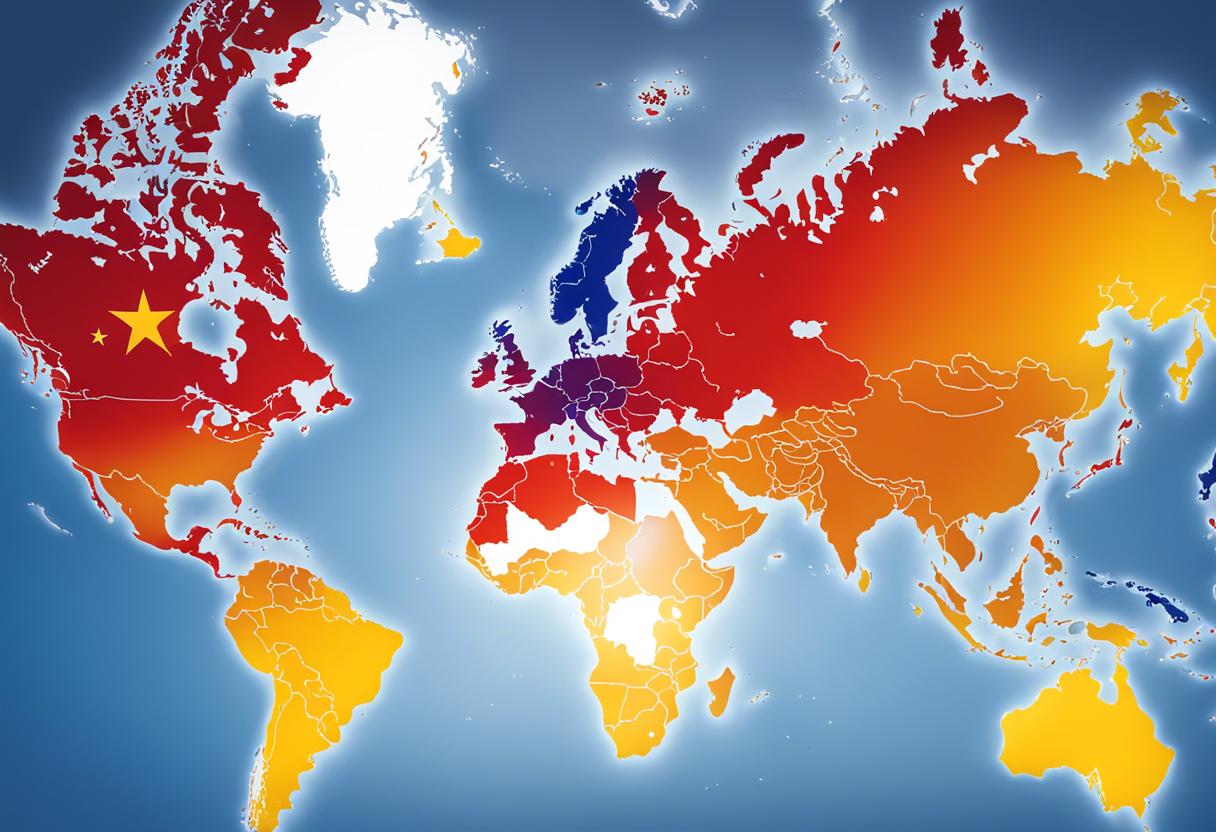The executive director of the International Energy Agency, Fatih Birol, has singled out the European Union for criticism, pointing to energy policy mistakes that have left it trailing behind the US and China. In particular, its reliance on Russian gas and disengagement from nuclear power has caused these missteps. He stated that a revised industrial strategy was now necessary for its recuperation.
This week, EU leaders plan to discuss the economic competitiveness of the bloc, a dialogue instigated by the Paris-residing Mr Birol. The EU has fallen behind China and the US in sectors such as clean technology production, with obstacles such as high energy prices and overbearing regulations playing a role. EU electricity costs are generally two to three times those in the US.
“The heavyweight industries are, and will continue to be, at a significant cost disadvantage compared to leading economies like China and the United States,” articulated Mr Birol.
Despite their past heavy reliance on gas from Russia, accounting for over 40% of supplies, recent data from the energy watchdog shows a successful shift by the EU. Post the Ukrainian invasion, in 2023, the EU saw higher electricity production from wind power than gas for the first time, with Russian gas making up just 15% of supplies, despite a surge in shipments of liquefied natural gas from Russia.
Substantial gas supplies from the US and Norway have played a crucial role in averting blackouts in the EU, contributing 19% and 30% of total imports respectively, although the accelerated deployment of renewable power has been significant.
However, the notion of nuclear power usage remains a divisive issue in the EU. While France, Hungary, and the Czech Republic support this power source, others such as Germany, Austria, and Luxembourg voice strong opposition, arguing that nuclear projects often overrun on time and cost, taking resources away from renewable power investments.
According to Amund Vik, ex-Norwegian state secretary for energy and a senior adviser at Eurasia Group, navigating the power transition is challenging without inclusion of nuclear power, considering the need for a steady backup for the irregular generation of solar and wind power.
“Conversations around nuclear energy are certainly constructive. However, the argument that it is superior to wind power is counterproductive,” expressed Mr Vik. “Some countries undoubtedly require nuclear power, while others would benefit more from investing in wind energy.”
In the year 2019, the European Union pledged to some of the most rigorous climate targets globally. Specifically, the EU is striving for a 55 percent reduction in emissions from 1990 levels by 2030 and is determined to achieve net-zero emissions by the year 2050.
Significant legislation to reconstruct the EU economy to realise this objective has already been enacted. However, there is concern among politicians about potential opposition when new laws – such as increased energy efficiency requirements and prohibiting the manufacturing of new internal combustion engines – begin to affect the electorate ahead of future EU-wide polls.
Fears about security linked to immigration and the conflict in Ukraine are overshadowing green initiatives on the governmental agenda. Dan Jørgensen, Denmark’s Minister for Climate and Development, argued that to keep citizens invested in the Green Deal, the EU must guarantee that it is thoroughly integrated into climate policy.
He stressed that this process must happen without damaging our competitiveness or job market and without fostering inequality. In fact, it should do the reverse. In light of this, Jørgensen believes it is of utmost importance to have a comprehensive discussion regarding the shape of such plans. – Copyright The Financial Times Limited 2024.

